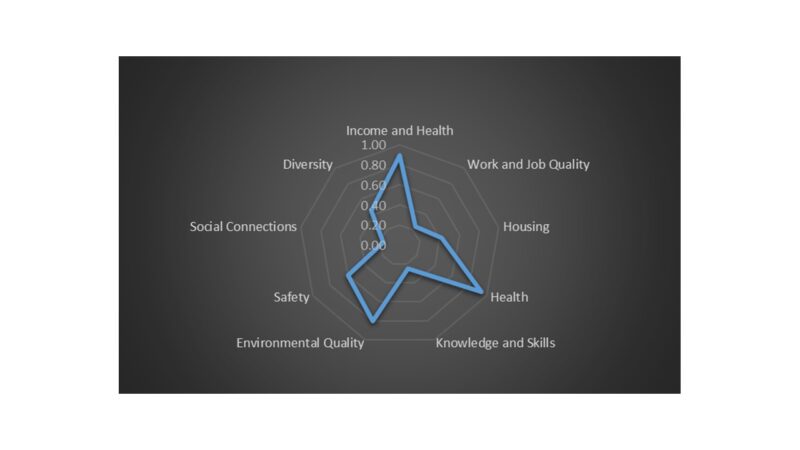Firms play an important role in the well-being of their communities. From determining the compensation, working conditions, health coverage, and training of workers, to the environmental impact of their operations on the community, and provision of public good via the taxes levied by public authorities, business organizations have a critical impact on people’s and society’s well-being.
Although there are an increasing number of actors examining how companies impact well-being and create value beyond financial wealth, little agreement exists on how to measure firms’ positive and negative impacts in these different areas, and many metrics lack scientific grounding, resulting in investor stakeholder confusion and hampering the diffusion of sustainable and responsible practices. As a result, the performance of businesses in areas of Environment, Social and Governance (ESG) as well as other dimensions of well-being, remain hard to examine and learn from.
Our goal is to develop science-based metrics of corporate sustainability and social responsibility that can help firms, investors, and consumers make decisions that are better for people and the planet. This includes pulling from disciplines in social science, behavioral science, economics and environmental science in order to deeply inform our metrics. Such metrics will be particularly valuable in the post-COVID-19 economic context as we continue to evaluate corporations through an Environment, Social and Governance lens.


